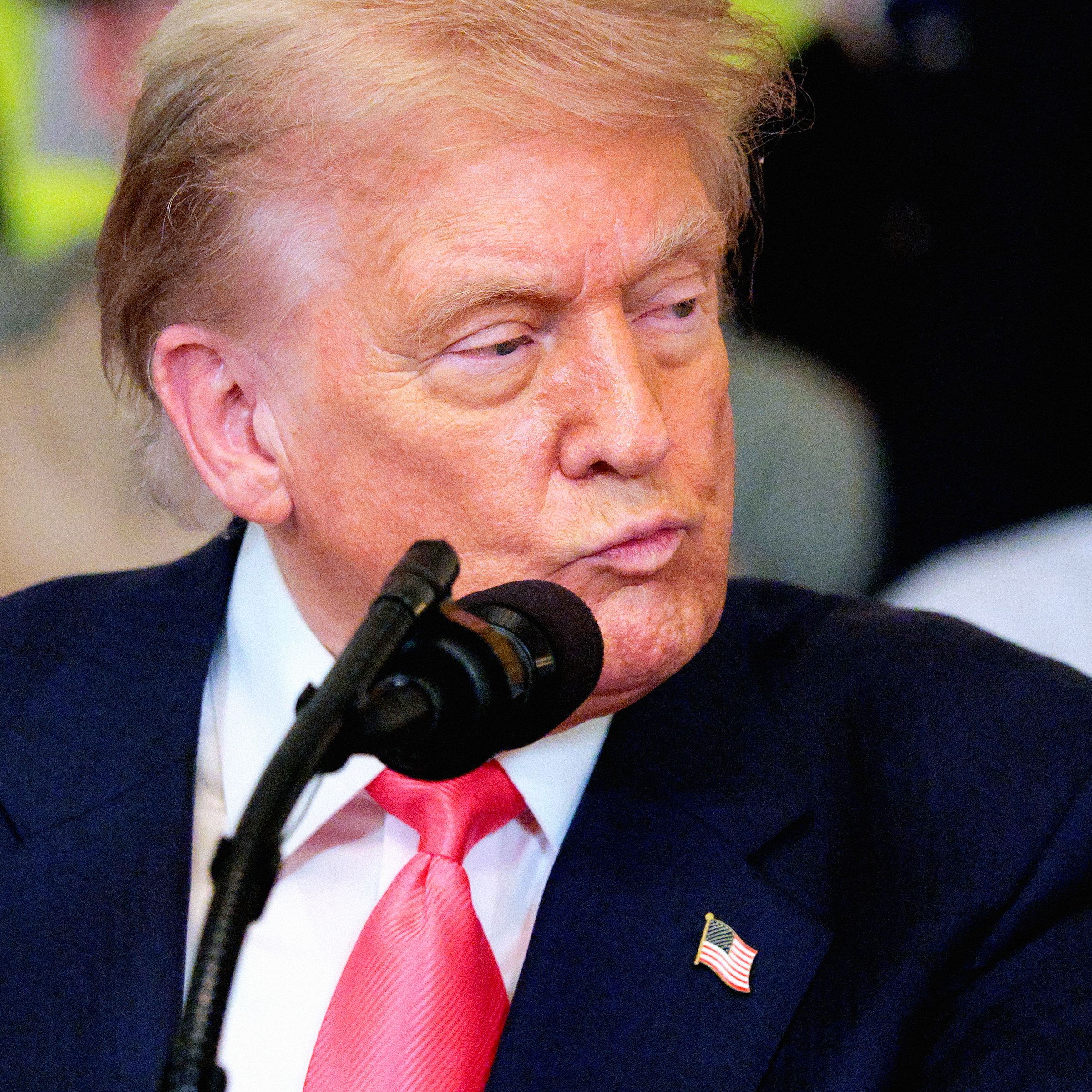Senator Blackburn Pulls Support for AI Moratorium in Trump’s ‘Big Beautiful Bill’ Amid Backlash
Senator Blackburn’s decision to withdraw her support for the AI moratorium in President Trump’s proposed legislation has sparked controversy and backlash among both supporters and opponents of the measure. Initially seen as a key advocate for regulating artificial intelligence, Blackburn’s sudden change of heart has left many questioning her motives and allegiances.
The AI moratorium, which would have placed a temporary ban on the development and implementation of certain AI technologies, was a major component of Trump’s ambitious ‘Big Beautiful Bill’, aimed at bolstering national security and economic competitiveness. Blackburn’s shift in stance has thrown a wrench into the legislative process, as supporters scramble to find a replacement for her crucial vote.
Critics of Blackburn’s decision argue that her about-face is a betrayal of the public trust, pointing to her previous statements touting the importance of AI regulation. They accuse her of caving to pressure from industry lobbyists and special interest groups, putting corporate interests ahead of the well-being of the American people.
On the other hand, some see Blackburn’s move as a necessary course correction, alleging that the AI moratorium was overly restrictive and would have stifled innovation in a rapidly evolving field. They argue that a more nuanced approach to regulating AI is needed, one that balances the potential risks with the benefits of technological advancement.
Regardless of one’s stance on the issue, Senator Blackburn’s reversal underscores the complexities and challenges of crafting effective AI policy in the 21st century. As the debate rages on, it remains to be seen how this latest development will impact the future of AI regulation in the United States.






More Stories
Unpacking AI Agents
Those Creatine Gummies You Bought Online Might Not Contain Any Creatine
‘Wall-E With a Gun’: Midjourney Generates Videos of Disney Characters Amid Massive Copyright Lawsuit